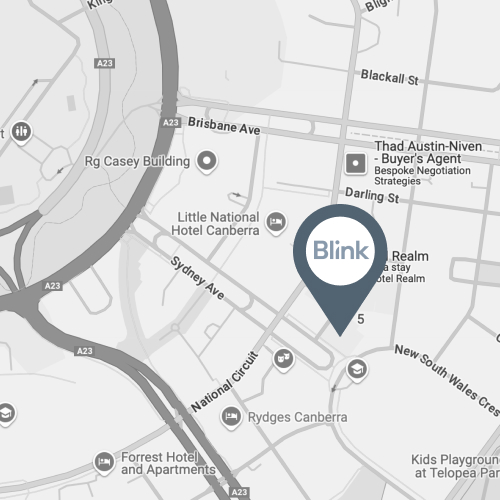Enjoy life with greater comfort and clearer vision
Our patients often tell us how much more confident and at ease they feel after addressing their vision needs

Feel more confident and free in everyday life
Glasses and contacts can sometimes feel like a limitation. After laser eye surgery, many people feel a sense of independence, confidence, and ease. The freedom to wake up and see clearly without searching for glasses or dealing with discomfort can provide a renewed sense of control over daily life1 https://pubmed.ncbi.nlm.nih.gov/19344821/.
A clearer start to every day
Mornings become simpler—no more fumbling for glasses or putting in contacts before heading out for a run. Work, travel, and socialising are more effortless without having to manage vision aids. With clear sight, life feels smoother, allowing you to be more present in every moment.

Enjoy life with greater comfort and clearer vision
Our patients often tell us how much more confident and at ease they feel after addressing their vision needs

Feel more confident and free in everyday life
Glasses and contacts can sometimes feel like a limitation. After laser eye surgery, many people feel a sense of independence, confidence, and ease. The freedom to wake up and see clearly without searching for glasses or dealing with discomfort can provide a renewed sense of control over daily life3 https://pubmed.ncbi.nlm.nih.gov/19344821/.
A clearer start to every day
Mornings become simpler—no more fumbling for glasses or putting in contacts before heading out for a run. Work, travel, and socialising are more effortless without having to manage vision aids. With clear sight, life feels smoother, allowing you to be more present in every moment.

3 simple steps to a life without glasses & contacts
Laser eye surgery doesn’t have to be complicated. Here’s how we make the journey smooth and stress-free


Step 1: Get in touch
Not everyone is a candidate for laser eye treatment. The first step is to get a clear answer on whether laser eye surgery can help you or not. Take our quick online test or contact us to find out if you qualify.


Step 2: We’ll meet
At your assessment, our experienced team will examine your eyes and discuss the vision correction options that may be appropriate for you. We’ll provide clear information to help you make an informed decision.


Step 3: Elevate your life
After your procedure, you’ll wonder why you didn’t do this sooner! Many patients report improved vision and reduced dependence on glasses or contact lenses, allowing them the freedom to live life to the fullest.5https://pubmed.ncbi.nlm.nih.gov/19344821/
With laser eye surgery, patients can experience a clearer future
Find answers to common questions and discover how vision correctiom may help reduce your reliance on glasses and contact lenses
Are glasses and contacts impacting your daily life?
If so, you have the choice to take action

Managing eye discomfort?
Some people experience dryness, irritation, or discomfort when wearing contact lenses6https://www.ohsu.edu/casey-eye-institute/lasik-vs-contact-lenses. Glasses can also present challenges, such as slipping, fogging, or feeling restrictive. If you’re exploring ways to simplify your routine, understanding your options is key.

Tired of relying on glasses?
If you frequently search for misplaced glasses, replace broken frames, or adjust your vision throughout the day, you may be considering other solutions. A suitability self-test can help you learn more about your potential options.

Looking for more convenience in sport and daily activities?
For those who enjoy an active lifestyle, glasses and contacts can sometimes add extra considerations. Whether it’s swimming, skiing, or exercising, vision correction methods may impact how you engage in these activities. If you’re curious about possible alternatives, a self-test is a simple first step.
Affiliations and memberships
We are proud to be a part of these professional bodies
We answer your questions about vision correction treatment in Canberra
Get a quick overview of everything you need to know about restoring your vision
Trusted research & insights on Laser eye surgery
Explore evidence-based academic resources, clinical studies, and expert insights to make informed decisions about vision correction

Hi, I’m Dr. Richard Barry
I am an ophthalmologist and the principal surgeon at Blink Vision Clinic in Canberra. As a Fellow of the Royal Australian and New Zealand College of Ophthalmologists, I have advanced training in vision correction.
I trained at Sydney Eye Hospital and completed international fellowship training in macula and retina disease. My focus is on providing evidence-based treatments using the latest technology to achieve the best possible outcomes for my patients.
I believe in clear communication and patient education, ensuring you fully understand your options and treatment plan. At Blink Vision Clinic, my goal is to provide a thorough and professional approach to eye care, so you feel confident in your vision correction journey.
Dr. Richard Barry












